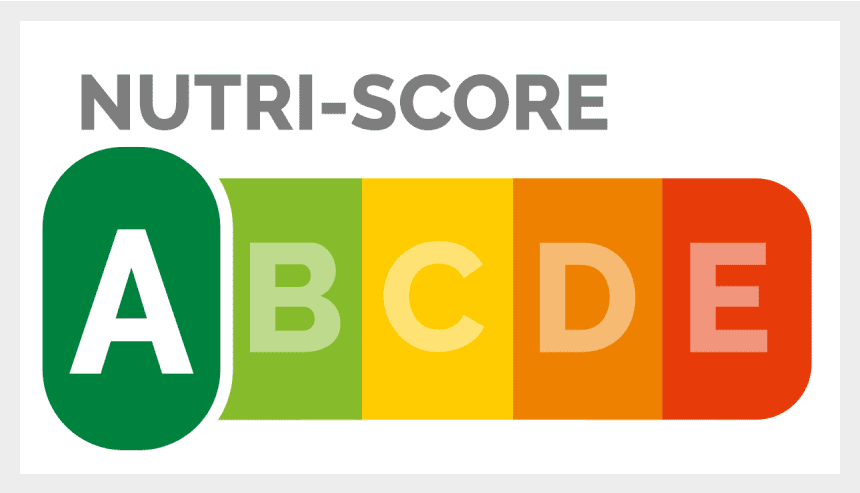“The Italian food production chains as well as the Italian government, all parties sitting in the two branches of the parliament and all involved companies in Italy oppose Nutri-Score,” Stefano Patuanelli, the Italian Minister of Agriculture, Food and Forestry Policies told the nation’s Chamber of Deputies.
He added that the whole country is fighting against “a system that aims at conditioning the consumer instead of informing the public.”
Patuanelli told lawmakers that the Italian government is actively working with other European Union members to unite the countries opposed to implementing the French-born food rating and front-of-pack labeling (FOPL) system.
See Also:Nutri-Score CoverageHe said that it remains an ongoing process, given that the European Commission plans to select a pan-European FOPL by the end of 2022.
Among the Italian minister’s grievances with Nutri-Score is that it labels food as either “good” or “bad,” which he insisted “are categories that cannot be applied to food.”
However, replacing Nutri-Score with an alternative system remains an uphill battle for the Italians as France, Germany, Belgium, the Netherlands, Luxembourg, Switzerland and Spain have already adopted the FOPL.
The labeling system rates food on a five letter-color scale, from the healthiest “Green A” down to the “Red E.”

Nutri-Score evaluates food items for the presence of fat, salt, sugar and calories in 100 grams or 100 milliliters samples of food products. Members of the olive oil sector across Europe all take issue with the “Yellow C” given to all types of olive oil and several other vegetable oils.
However, supporters of Nutri-Score stress that the system is meant to be used to compare products of the same category and emphasize that a “Yellow C” is the best score for edible fat.
See Also:Researchers Offer a Different Approach to Rating FoodsDespite these disclaimers, Patuanelli and many of his allies in Italy and abroad contend Nutri-Score is a system that promotes “processed and ultra-processed food, mostly marketed with environmentally unfriendly packages, and could seriously harm [foods certified with a] Protected Designations of Origin and Protected Geographical Indication.”
Protected Designation of Origin and Protected Geographical Indication certifications are overseen by the E.U. and allow member states to protect local food specialties, such as meats, cheeses, wines and olive oils, from imitations and forgeries. Coincidentally, many of these specialties have low Nutri-Score ratings.
Furthermore, many producers argue that rating extra virgin olive oil with a “Yellow C” ignores the product’s exceptional nutraceutical qualities.
As a result of intense pressure from across the sector, the Spanish government has already exempted extra virgin olive oil from its adoption of Nutri-Score.
The International Olive Council also is lobbying for Nutri-Score to change its grading criteria to accommodate the health benefits inherent to extra virgin olive oil consumption.
However, Nutri-Score continues to be rolled across the food industry in some of Europe’s largest economies. In the last few weeks, several French fast-food restaurants have started using Nutri-Score to label their products.
According to the Italian olive oil producers association Unaprol, that is “the latest madness” of the Nutri-Score system since French fries are labeled with a “Green B,” one score higher than extra virgin olive oil.
According to Unaprol, processed burger buns are labeled with a “Yellow C” despite providing none of the micronutrients found in extra virgin olive oil.
“It is an unacceptable situation, an organized attack against the symbols of the Italian high-quality food products, well behind any scientific evidence and against common sense,” said David Granieri, Unaprol’s president.
“We cannot accept the devaluation of a symbol of the Mediterranean diet, which is unanimously recognized for its nutraceutical anti-inflammatory and antioxidant qualities,” he added.
Patuanelli also reminded legislators that the Italian government continues promoting Nutrinform Battery, a controversial rival FOPL introduced to demonstrate an individual food item’s nutritional value in the context of a balanced diet.








